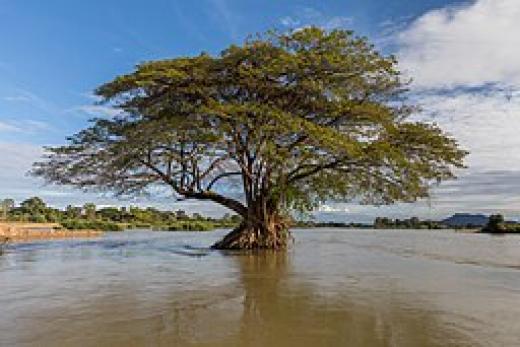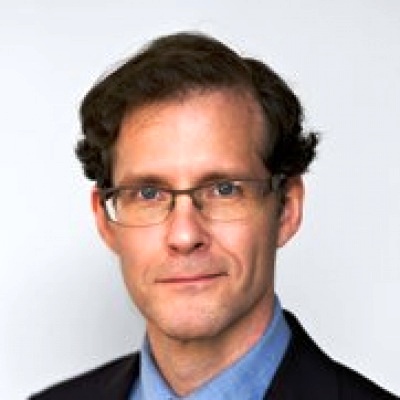
By any measure, the last five years have been historic in higher education in Ireland, with a number of far-reaching initiatives that have and will continue to transform the landscape in a range of ways. The establishment of the Department of Further and Higher Education, Research, Innovation and Science in 2020, accompanied by founding five new Technological Universities; the HEA Act of 2022; and the creation of a new competitive research agency in Taighde Éireann – Research Ireland later this year, are each significant developments in themselves, but taken as a whole they mark a huge reshaping of our collective frames of reference and sense of opportunity. When we add to the mix the Covid-19 pandemic, the local difficulty of cyberattacks in more than one institution, and the emergence of Artificial Intelligence as a shared challenge, we are living, without question, in interesting times.
The plan for a new funding agency represents a major step in itself, first signalled in Impact 2030: Ireland Research and Innovation Strategy, which was launched in May 2020. The initiative is based on the amalgamation of the Irish Research Council and Science Foundation Ireland, which both came into the new Department at its inception (previously the IRC, as part of the HEA, came under the aegis of the Department of Education and Skills, while SFI came under the Department of Business, Enterprise and Innovation, as it was then called). My time as chair of the IRC (starting in January 2020) has been bound up, inevitably, with these discussions and the legislative process to establish the new agency.
The principles that inform the work of the agency are crucial. The emphasis on parity of esteem between disciplines and across the spectrum of STEM and AHSS research, signalled in Impact 2030, is a vital commitment. We should never underestimate the power of recognition and how it can galvanise research achievement. Nor can we predict where research breakthroughs will come from; our nourishing of activity must take multiple forms to ensure that our areas of inquiry are strong across the board. This is a pre-condition for pursuing the kinds of interdisciplinary work we know must take place in a complex world. One of the key lessons of Covid was precisely the importance of being able to draw on all of our capacities to address an all-of-society problem, including the humanities.
An embrace of fundamental, curiosity-driven, blue-sky research must be at the heart of the new agency, as a way of inspiring researchers to pursue their ideas and to provide the materials that make for rich and innovative applied research. The Irish government is in the position to support this since it has the scope to back new work whose results will radiate long term.
As Professor Philip Nolan (CEO-Designate of the Research Ireland) has pointed out on a number of occasions, the core principle underpinning the activities of the new agency is a belief in individual researchers as agents of change. If we can release that energy and find a way to tap it we will create not only an environment in which people can thrive but also one that allows us to build our international networks and make this country a top destination of choice across all career stages. PI-led research of this kind is the engine that drives achievement.
As part of its mandate, the IRC has had a special responsibility for the Arts, Humanities, and Social Sciences. That role now transfers to Research Ireland. I have been heartened by the seriousness that has been attached to this mission by Minister Simon Harris and by Professor Nolan.
But why should we do this, not least when so many priorities compete for our attention, some with immediate claims of impact?
To think about the arts and humanities for a moment, there is no question that this is what we are known for internationally. If we needed a reminder, then it came with the Best Actor Oscar awarded to Cillian Murphy for his performance in Oppenheimer. A different kind of reminder occurred during the summer with the death of Sinéad O’Connor in July. She was a world figure, as coverage of her passing made clear. For a country of our scale to produce people of this magnitude is remarkable. Our artists, whether writers, performers, film-makers, actors, and musicians, have emerged from a culture, and one of our callings must be to sustain it through our commitment to education and research in these fields which do so much to develop the next generation and to create the environment in which the arts matter.
To switch the focus to social questions, how can we think about Ireland over the last decade and not remark on the marriage equality referendum and the repeal of the 8th Amendment? (The failure this month, meanwhile, of the referendums on revising the constitution’s language about women in the home and on provisions for care demonstrates that achieving such change is complex.) The challenges we face today are profoundly shaped by housing and social deprivation, the need to reconfigure our social and economic practices to address climate change, by AI, by migration, the mobilisation of the far-right, and attacks on truth, both at home and abroad. On this island we are coming to grips with the legacy of mother-and-baby homes and Magdalene laundries, as well as a whole history of religious institutions. Northern Ireland is on the brink of change and our fate is bound up with it, while internationally we are transfixed by Ukraine and the violence in Israel and Gaza.
All of our talents are needed to address these problems to achieve a more just society and world. There is a leading role for Research Ireland in supporting work to develop our responses and understanding. The humanities can and should form an integral part of this shared mission.
* Image file is licensed under the Creative Commons Attribution-Share Alike 4.0 International license.


